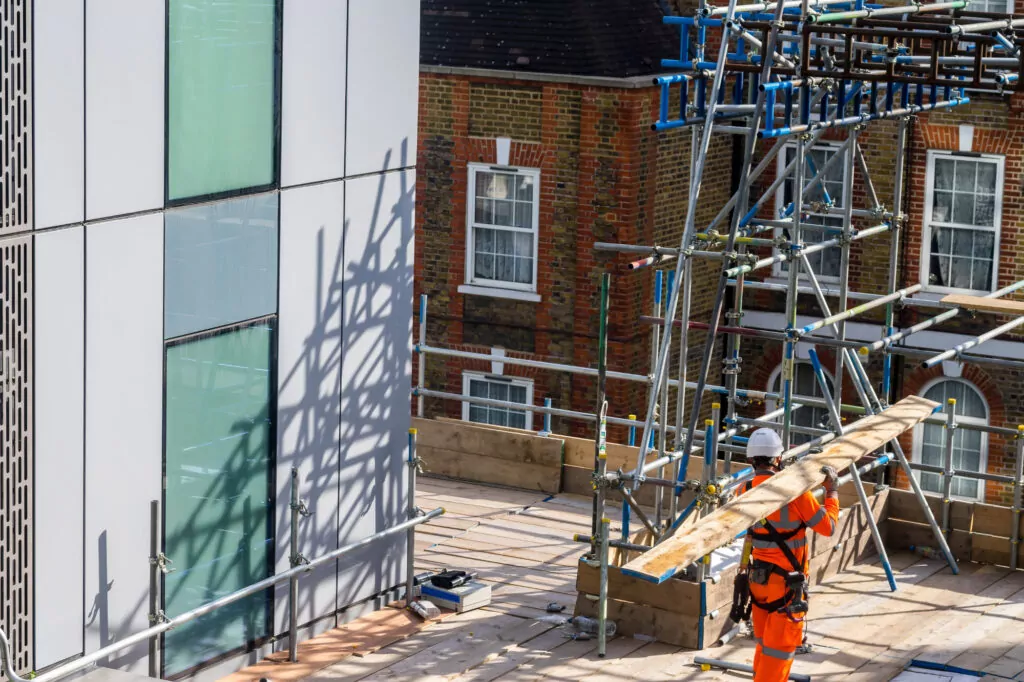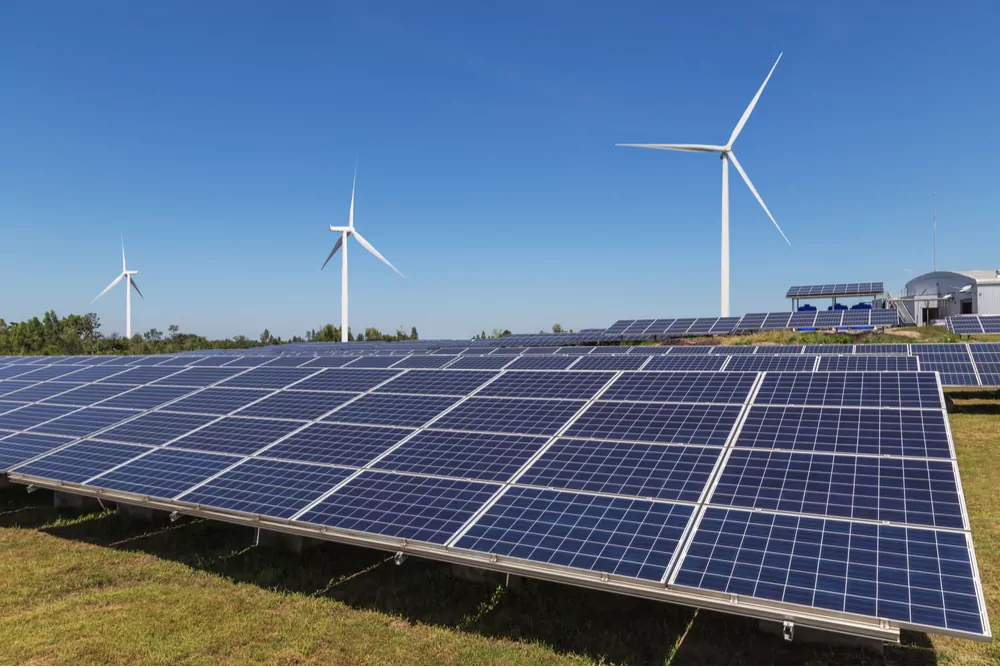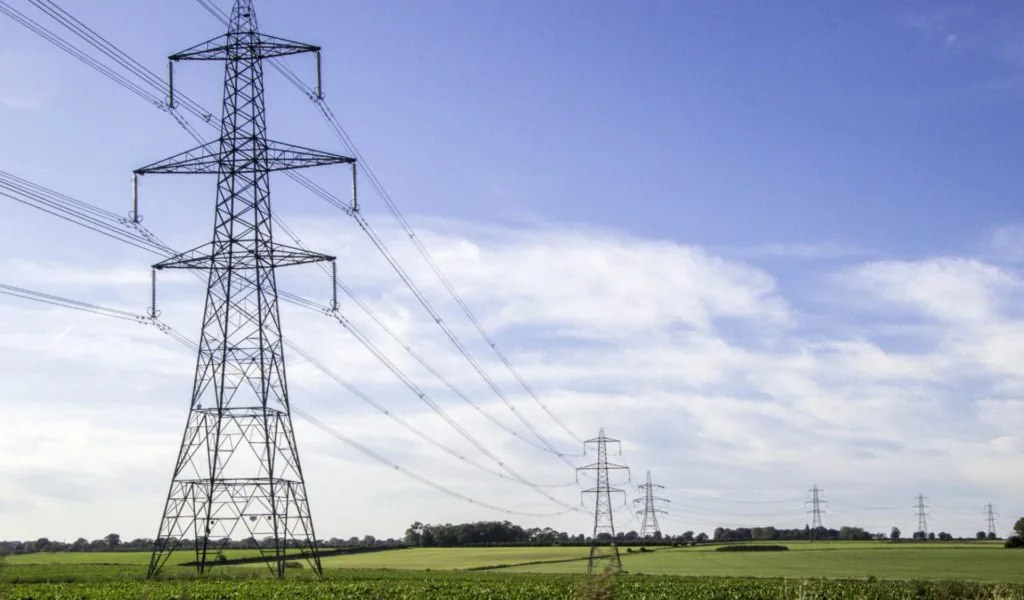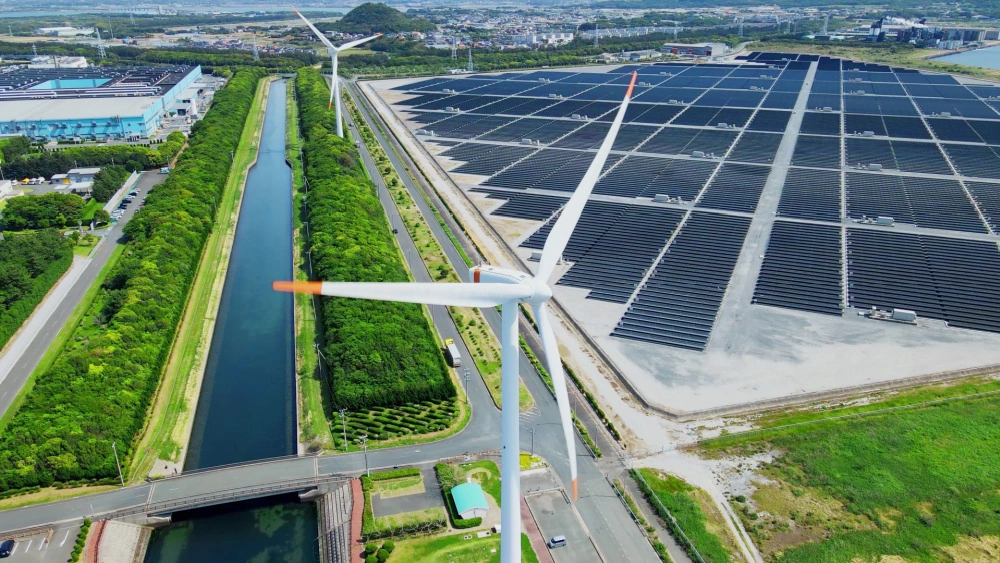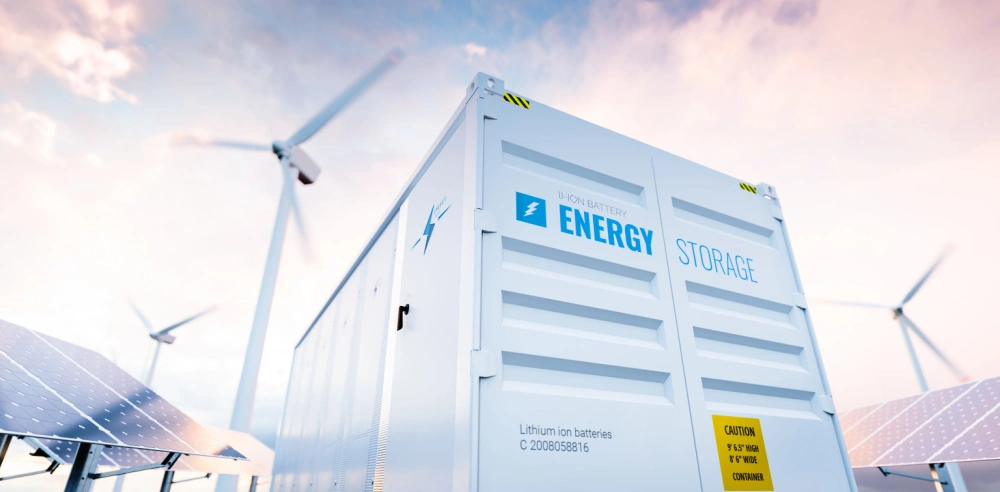
Electrifying changes for the EV Market: COP28 EV announcements and UK investment prospects

By Mark Li, Mark Greatholder, Aliki Zeri, Shauna McGinn
1 Mar 2024 | 3 minute read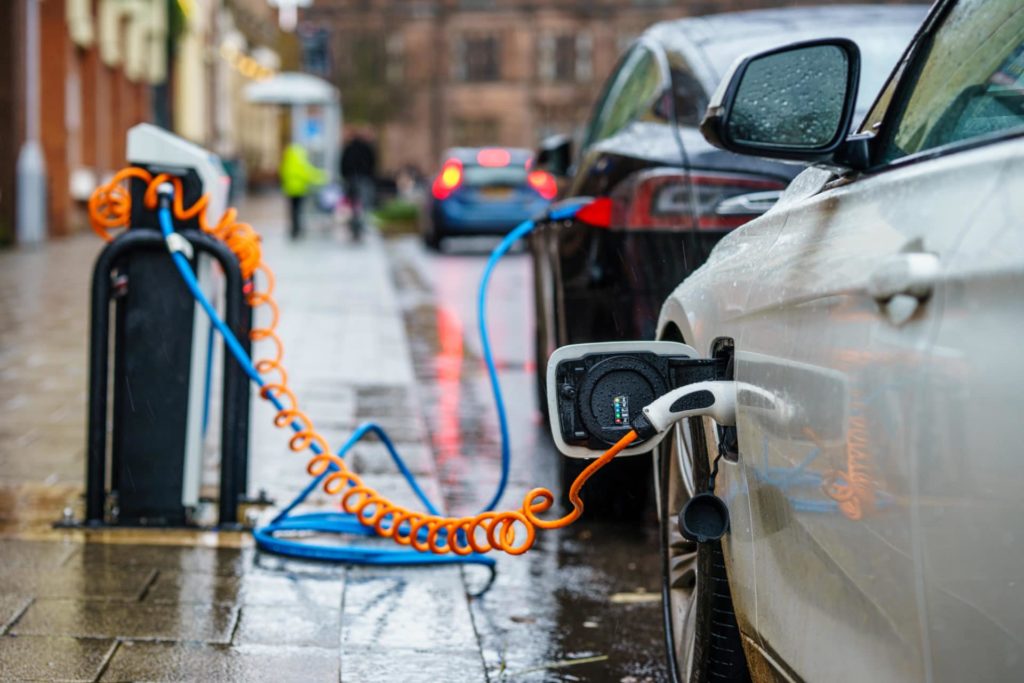
Against the backdrop of COP28, the UK government's focus on electric vehicle (EV) investment has intensified. Subsequently, opportunities to invest in the EV market continue to grow.
COP28 and its impact on the EV market
At the end of 2023, the United Arab Emirates hosted COP28 which saw significant commitments aimed at combating climate change, including accelerating the roll-out of electric charging infrastructure.
COP28 was the first COP that launched a global zero-emission vehicle transition roadmap. The roadmap lays out the actions of the Zero Emission Vehicle ("ZEV") Transition Council to improve understanding of decarbonising road travel and to explain the financing available to developing economies. The roadmap will be updated annually at future COP events and aims to help lead the transition to carbon-free travel. It will focus on improving access to finance, increasing the availability of ZEV and accelerating the roll-out of charging infrastructure.
The conference also established the "Utilities for Net-Zero Alliance"; a new framework to encourage global cooperation amongst major utilities and power companies. The alliance aims to promote the adoption of renewables and the building of green infrastructure by advancing electrification, renewable-ready grids, and clean energy deployment. The alliance has already been endorsed by notable companies, some of which include EDF, National Grid, SSE and Octopus Energy.
The UK government used the conference to announce plans to invest a further £70 million into EV charge points at motorway service stations whilst the Transport Secretary, Mark Harper, disclosed plans for the implementation of trial sites with boosted electrical network capacity. Initially, the plans involve 10 trial sites where electricity grids will be upgraded to facilitate the faster rollout of EV charging. Details of the location of these sites are yet to be announced.
Recent government announcements
Since the beginning of 2024, further promises have been made by the UK government to invest in EV infrastructure. On 3 January 2024, the Zero Emission Vehicle mandate came into force which aims for 80% of new cars and 70% of new vans sold in Great Britain to be zero emission by 2030, increasing to 100% by 2035. On 5 February 2024, the government announced grants for schools to help encourage investment in chargepoints. Grants are available to state-funded schools and other educational institutions with dedicated off-street parking, in a plan to widen access to chargepoints. The Local Electric Vehicle Infrastructure (LEVI) Fund has also been introduced, offering a share of £381 million to local authorities implementing EV strategies.
These recent declarations are sending a clear signal that the government is committed to the electrification of transport and sees electric vehicles as a key part of this. That comes on the backdrop of a delay in the ban of the sale of new petrol and diesel cars and vans from 2030 to 2035 and the government's failure to achieve its target of having six or more rapid EV chargers at all UK motorway services by the end of 2023.
Future of EV for stakeholders
In 2023, the UK and EU extended trade rules on electric vehicles, saving manufacturers and consumers up to £4.3 billion in additional costs. At the same time, fully electric vehicles made up over 16% of new UK cars and there are now 1.2 million plug-in vehicles on UK roads. At the start of 2024, we are seeing an uptake in enquiries from housing developers, who are interested in engaging with the EV market, either through the incorporation of EV charging points in new developments or through retrofitting existing properties (this often coupled with additional energy efficiency measures, such at the installation of rooftop solar pv and battery energy storage). Public sector organisations are also actively considering allocating funding in the provision of additional public EV charging points.
Continuous investment in this space, a reduction in manufacturing costs and lead times for the delivery of new EV cars and the availability of more reliable charging infrastructure is due to foster changes in consumer behaviour, which will in turn strengthen the investment business case.
The Clean Energy team at Foot Anstey is very active in this space. Please get in touch if you want to discuss anything EV-related.





